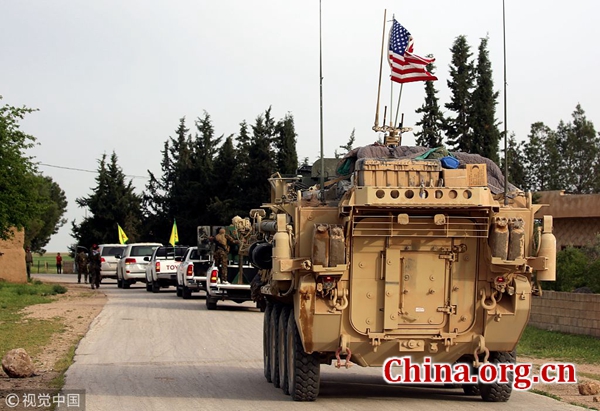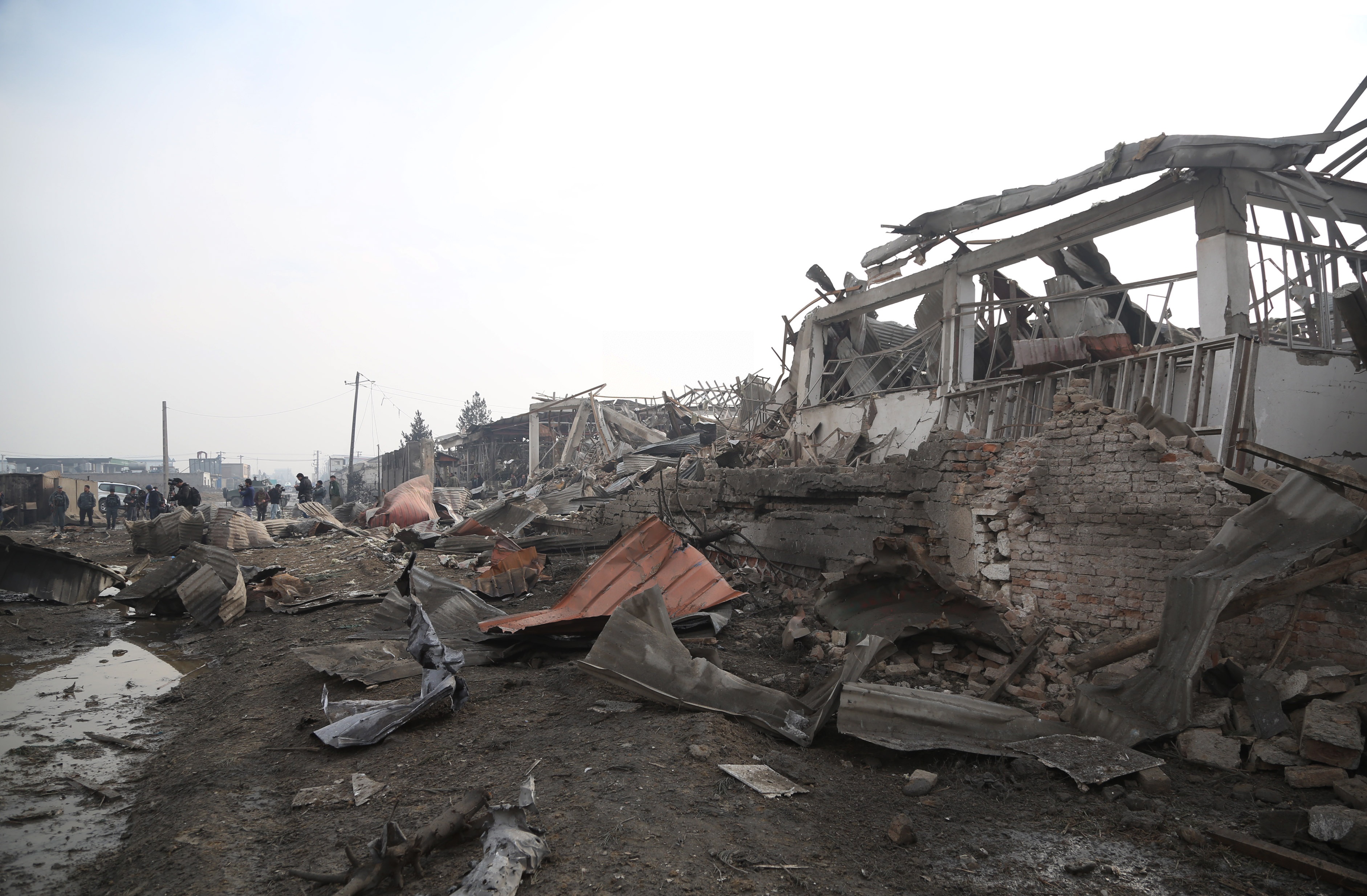Is peace for Syria and Afghanistan possible in 2019?
- By Sajjad Malik
 0 Comment(s)
0 Comment(s) Print
Print E-mail China.org.cn, December 30, 2018
E-mail China.org.cn, December 30, 2018

The announcement by U.S. President Donald Trump to withdraw troops from Syria and Afghanistan shows that the time has come to heal the two country's long festering wounds.
As 2018 recedes into history, it will be remembered as the year that witnessed the defeat of Islamic State (IS) militants in Syria. The group suffered a series of calamitous setbacks, resulting in their expulsion from almost all the territory, cities and towns they had occupied since erupting onto the scene in 2014.
No single country can claim credit for decimating the jihadists; the U.S., Russia, Syria, Iran, Turkey and many other nations all played a critical role in dismantling Islamic State.
The troop withdrawal hopefully signals the beginning of a process to end the wider Syrian civil war, which has killed hundreds of thousands of civilians and uprooted many more.
Peace in Syria can be achieved in 2019, provided genuine efforts are made to find a political solution. To start the process, Syrian leader Bashar al-Assad should extend an olive branch to the opposition groups. There should be general amnesty for those who participated in the fighting. Second, a workable peace formula should be chartered out in coordination with the UN in order to protect political opponents of the regime.
There is no harm in ceding some power if it brings stability in the country. However, whether Assad and his forces, now sensing victory after eight years of conflict, can be trusted to do this remains to be seen.

The situation in Afghanistan also looks set to conclude after 17 years of the conflict. The Taliban know that they cannot achieve or retain power without the support of the international community. However, they have proved their determination in the battlefield despite heavy odds and now control vast areas of Afghanistan. They are enjoy good communication with Iran, Russia and other nations. The time is appropriate for them to seek a political solution as the U.S. has announced to pull out half of its troops.
The meeting held in UAE is just the beginning of a long process that can be successfully concluded in 2019. The direct talks between the U.S. and the Taliban are the result of a broad-based effort to stabilize Afghanistan.
IS extremists have been able to reorganize amidst the ongoing carnage in Afghanistan, worrying regional neighbors. The group has a strong presence in Afghanistan and has been involved in some of the deadliest attacks inside the country.
IS poses a threat to the entire region, including Russia and the countries of Central Asia. The group's resurgence has helped create a sense of urgency for peace in Afghanistan.
The end of Syrian and Afghanistan civil wars will beckon major reconstruction opportunities and help speed up the global economic growth; multi-billion dollars investment will be required to rebuild the two war-torn countries.
There are positive signs that 2019 can be a year of peace for the people of Syria and Afghanistan. It will have cascading effect on other nations, as we live in a globalized world where everything is intricately connected.
These days, calamities triggered by man-made wars or natural disasters travel indiscriminately across the borders and unsettle countries far off from their epicenters. Conversely, the same is true for peace and stability, which when achieved in one nation can positively impact other regions and nations.
With this in mind, the leading powers should work for the collective welfare of the mankind and try to resolve the differences that have so far hampered efforts for peace in Syria and Afghanistan.
Sajjad Malik is a columnist with China.org.cn. For more information please visit:
http://www.china.org.cn/opinion/SajjadMalik.htm
Opinion articles reflect the views of their authors, not necessarily those of China.org.cn.






Go to Forum >>0 Comment(s)